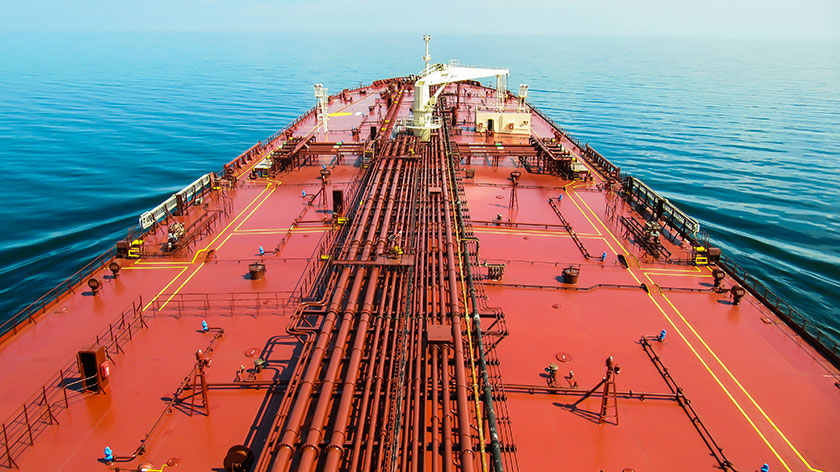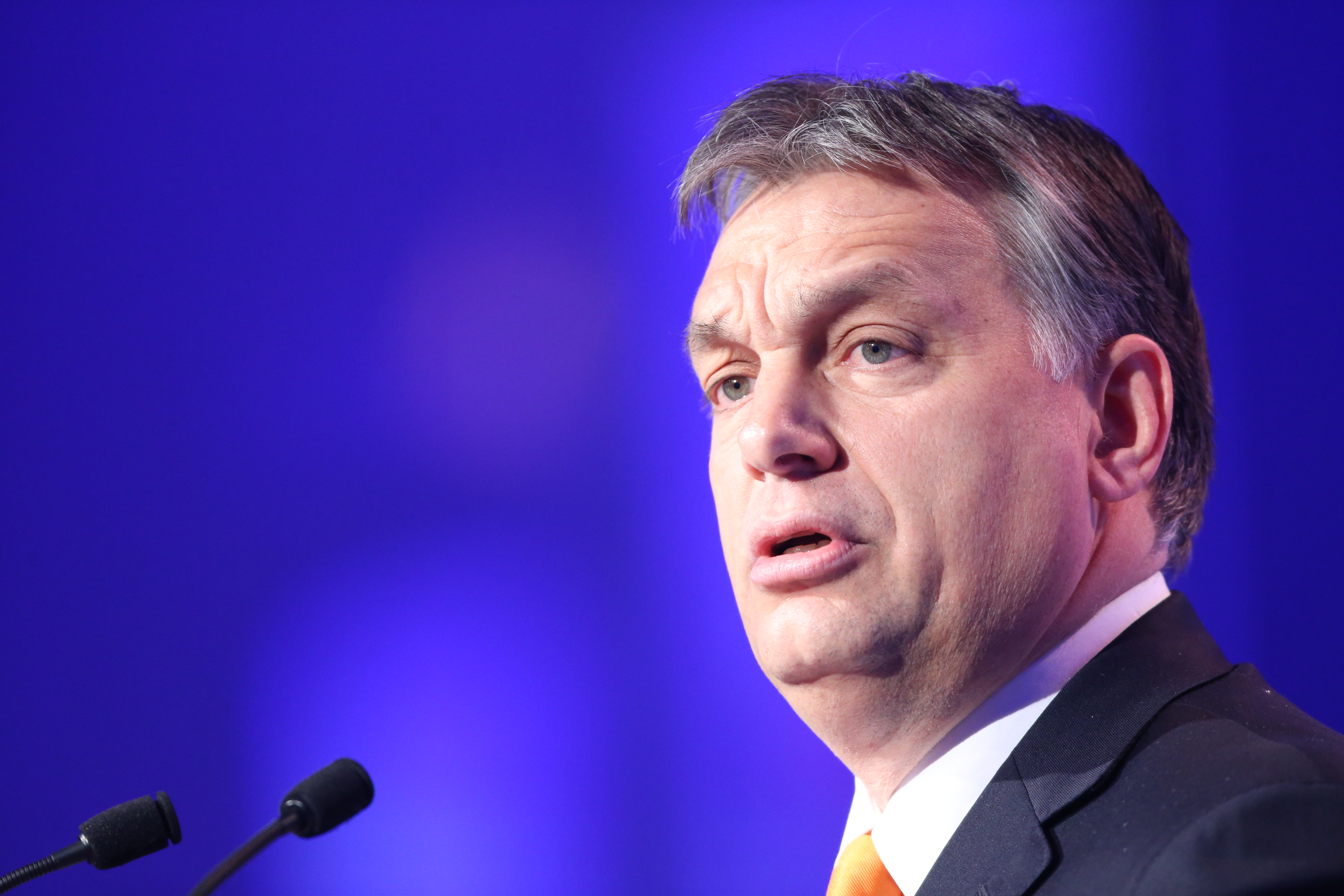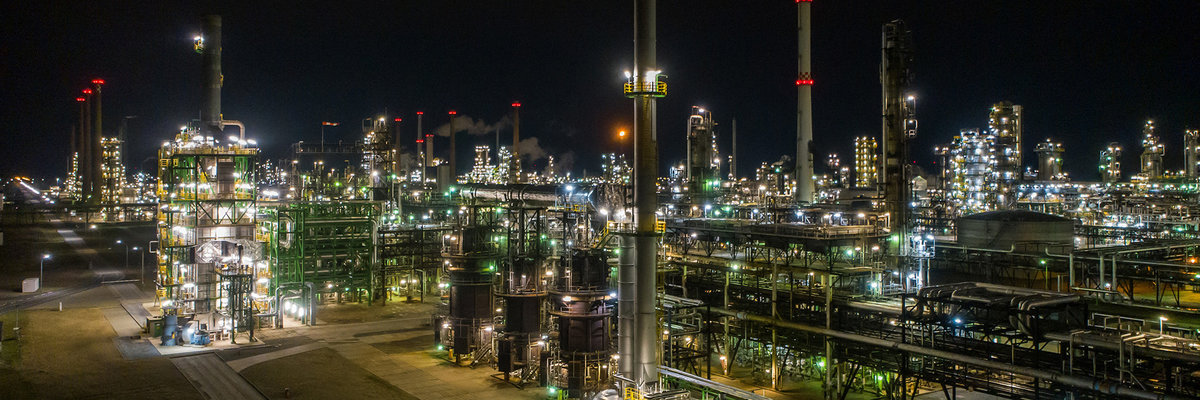Twój koszyk jest obecnie pusty!
A Return to Business as Usual with Russia? Commentary for New Eastern Europe
Sigmar Gabriel, the vice chancellor of Germany, recently paid a visit to Moscow to discuss details of strengthening energy co-operation between Germany and Russia. The transcript of the conversation between Russian President Vladimir Putin and Gabriel was published on the Kremlin’s governmental website on October 28th. During the meeting, Putin expressed his regret that there has…
 Sigmar Gabriel, the vice chancellor of Germany, recently paid a visit to Moscow to discuss details of strengthening energy co-operation between Germany and Russia. The transcript of the conversation between Russian President Vladimir Putin and Gabriel was published on the Kremlin’s governmental website on October 28th.
Sigmar Gabriel, the vice chancellor of Germany, recently paid a visit to Moscow to discuss details of strengthening energy co-operation between Germany and Russia. The transcript of the conversation between Russian President Vladimir Putin and Gabriel was published on the Kremlin’s governmental website on October 28th.
During the meeting, Putin expressed his regret that there has been a decline in German-Russian bilateral trade. Putin said that: “There are many reasons for this, subjective and objective. At the same time however, businesspeople in both countries continue their work and are making active efforts and carrying out their projects, including long-term and large-scale projects.”
According to Putin, the ongoing co-operation with Germany has been narrow but intense. Putin appealed to German partners to fight together against a common and, in his opinion, the most dangerous threat – terrorism. Only after a victory over terrorism would it be possible to move on to political dialogue.
The vice chancellor of Germany thanked Vladimir Putin for finding time to meet “these days, when [Putin] has a great deal of work related to the conflict in Syria”. Gabriel stated that the disputes between the United States, the European Union and Russia seriously limit their common ability to fight certain threats.
“My personal opinion is that we must do everything possible to implement the agreements we have reached and as far as past situations and various interpretations of events are concerned, we should leave them in the past and find new ways to renew co-operation, especially between Germany and Russia,” Gabriel added. He did not, however, make it clear whether he meant Russian aggression against Ukraine at that point.
Gabriel concluded that it is natural that Russia’s key partner in dealings with such issues as Syria or Ukraine is the US, but he underlined that Germany, or the EU, could be a good partner as well. For Gabriel, it was also difficult to understand why, having in mind the great relations between Russia and Germany, both countries took such different paths of development. Speaking on Ukraine, Gabriel said: “the situation surrounding Ukraine is most likely a symptom rather than the cause of the problems that have occurred.” As Gabriel noted, “the most important thing is to do everything to implement the Minsk Agreements.”
Germany’s vice chancellor referred to economic relations with Russia as well with a special stress on Nord Stream. “Mr Miller [Alexei Miller, Gazprom’s CEO – editor’s note] and Mr Matthias Warnig [the Managing Director of the Nord Stream AG – editor’s note] will continue to pursue the Nord Stream 2 project. This is in our interest; but it is not just in Germany’s interests, it is a very interesting project even beyond Germany’s borders,” Gabriel said. The German politician expressed hope that the project’s legal framework will remain under the competence of the German authorities. If it will, “then opportunities for external meddling will be limited.”
During the meeting in Moscow, the future role of Ukraine as a transit state was also discussed. Gabriel expressed concerns that Ukraine’s gas transportation system was not in good shape. “What’s most important is for German agencies to maintain authority over settling these issues. And then, we will limit the possibility of political interference in this project,” he emphasised.
On October 29th there was a meeting scheduled between Sigmar Gabriel and Russia’s minister of energy Alexander Novak. They were scheduled to discuss common energy projects and the participation of German companies in these projects. At the same time, as Bloomberg reports, Gazprom “will take delivery of as much as three billion US dollars’ worth of pipe starting as early as June 2016 as it pushes ahead with a natural gas link direct to Germany.” It seems that the project is moving forward despite the opposition of Ukraine, Poland and other Central and Eastern European states which are not happy about Nord Stream 2.
It will be extremely difficult for these countries to block the construction of Nord Stream 2 as the whole project enjoys a special status in the EU. Nord Stream 1 was, for example, exempted from the EU anti-monopoly regulations. Russia wants the EU to treat Nord Stream 2 in the same manner. The only body that can prevent the construction is the European Commission. Margrethe Vestager, the European Commissioner for Competition, proved her decisiveness in the fight against telecoms consolidation. Now, she will have a chance to prove it again in the ongoing anti-trust investigation against Gazprom.
Although Berlin still claims that Nord Stream 2 is exclusively an economic project, it is impossible not to see top German politicians’ involvement in this investment. Nord Stream’s main goal is to provide gas to Western Europe and bypass transit states, Ukraine in particular.
The virtual peace in eastern Ukraine and the lack of reforms in the country have definitely helped European governments to look at Russia in a more friendly way. The war in Syria is yet another step that led to become Russia an essential part of high-level talks on most global issues.
Now, there is a war going on in Brussels between those who favour special economic relations with Moscow and support the idea of economic co-operation “from Lisbon to Vladivostok” and those who stand for a more assertive policy towards Russia remembering the gas wars or the annexation of Crimea (which only happened one and a half years ago!).
In this situation it is possible that the least expected scenario may actually come into effect: a reset in relations with Russia. Having in mind Gabriel’s visit to Russia and the intense push for Nord Stream 2, one cannot exclude that it is already taking place – behind the back of Ukraine and its closest supporters. The current actions of the German government are just a ploy to cover it. Another possible signal that this reset is in progress was Jean Claude-Juncker’s famous line: “We can’t let EU relations with Russia be dictated by the US.”
Translated by Bartosz Marcinkowski
Source: New Eastern Europe





Leave a Reply